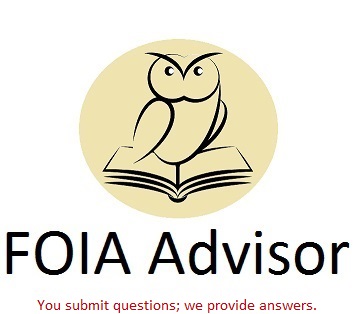NY Times v. DOJ (2nd Cir.) (unpublished) -- affirming district court’s decision that: (1) DOJ properly relied on Exemption 5’s deliberative process privilege to withhold factual material that was "inextricably intertwined" with independent monitor’s subjective analysis; and (2) agency’s declarations described with "reasonably specific detail" how disclosure would result in harm to its deliberative processes, namely, “its ability to ensure candor between the agency and an independent monitor, so that DOJ can enter and effectively enforce plea agreements with companies like VW.”
Ctr. for Inquiry v. HHS (D.D.C.) -- deciding that: (1) FDA did not perform adequate search for communications between certain employees and the Homeopathic Convention of the United States (HPCU); and (2) FDA properly found that entire copies of draft HPUS monographs were “commercial” under Exemption 4 because they are “the very product from which HPCU derives most of its income,” but the agency failed to sufficiently describe remaining withheld material to permit evaluation of its “commercial” nature and it failed to establish that any records were confidential.
Summaries of all published opinions issued in 2024 are available here. Earlier opinions are available here.
